October 28, 2015
UK firms turn to flexible working and wellbeing to bridge productivity gap 0
 It’s not just larger organisations and governments that are having to grapple with the UK’s persistent ‘productivity puzzle’ but also smaller businesses who are increasingly turning to flexible working and other people centric initiatives to address the problem. That is one of the main findings of a new report from trade association Group Risk Development (GRiD). According to their survey, nearly a quarter of employers (23 percent) believe productivity is an issue facing their business. According to the office for National Statistics (ONS) this is a common problem across the entire UK economy as output per hour is stubbornly around 20 percent below the average for all G7 economies. This is the widest gap ever recorded and, according to GRiD is driving employers to seek ways of addressing their own shortfall with flexible working and wellbeing initiatives as well as investment in new equipment and technology.
It’s not just larger organisations and governments that are having to grapple with the UK’s persistent ‘productivity puzzle’ but also smaller businesses who are increasingly turning to flexible working and other people centric initiatives to address the problem. That is one of the main findings of a new report from trade association Group Risk Development (GRiD). According to their survey, nearly a quarter of employers (23 percent) believe productivity is an issue facing their business. According to the office for National Statistics (ONS) this is a common problem across the entire UK economy as output per hour is stubbornly around 20 percent below the average for all G7 economies. This is the widest gap ever recorded and, according to GRiD is driving employers to seek ways of addressing their own shortfall with flexible working and wellbeing initiatives as well as investment in new equipment and technology.





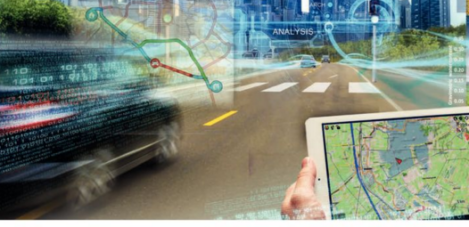
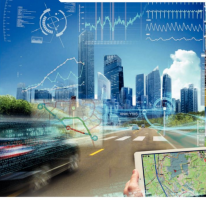





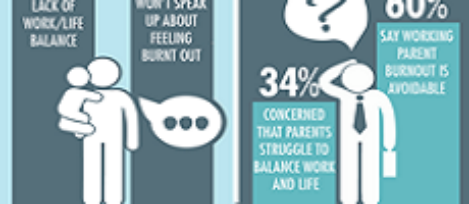
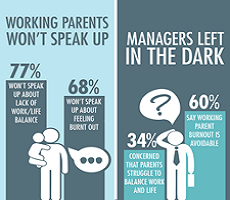


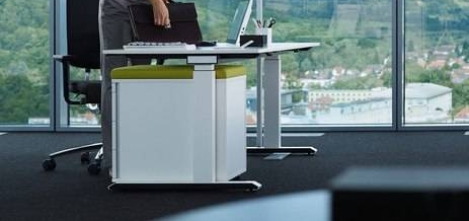
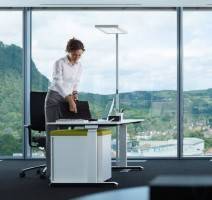 Biodynamic lighting is an artificial light source that replicates the dynamic variations of daylight and sunlight through a light management system. Up until recent times, it was commonly believed that light was only needed for seeing. However, in 2001, an American scientist, G. C. Brainard discovered a circadian photoreceptor in the retina, which receives a specific quality and quantity of light, and sets the biological clock.* He discovered that light not only provides us with the ability to see, but that light enters the eye via the ‘fourth pathway’, which has a vital non-visual or biological effect on the human body. His studies showed that a certain quantity and quality of light stimulates the biological clock, also known as the circadian rhythm, which regulates hormone levels, particularly melatonin and cortisone, in the body and so plays a vital role in our physical and mental wellbeing.
Biodynamic lighting is an artificial light source that replicates the dynamic variations of daylight and sunlight through a light management system. Up until recent times, it was commonly believed that light was only needed for seeing. However, in 2001, an American scientist, G. C. Brainard discovered a circadian photoreceptor in the retina, which receives a specific quality and quantity of light, and sets the biological clock.* He discovered that light not only provides us with the ability to see, but that light enters the eye via the ‘fourth pathway’, which has a vital non-visual or biological effect on the human body. His studies showed that a certain quantity and quality of light stimulates the biological clock, also known as the circadian rhythm, which regulates hormone levels, particularly melatonin and cortisone, in the body and so plays a vital role in our physical and mental wellbeing.
 This week the UK’s Health Secretary found himself at the centre of a storm because of
This week the UK’s Health Secretary found himself at the centre of a storm because of 














October 22, 2015
Seven ways to make your office work for different workstyles 0
by Brittney Herrera • Comment, Flexible working, Wellbeing, Workplace design
More →